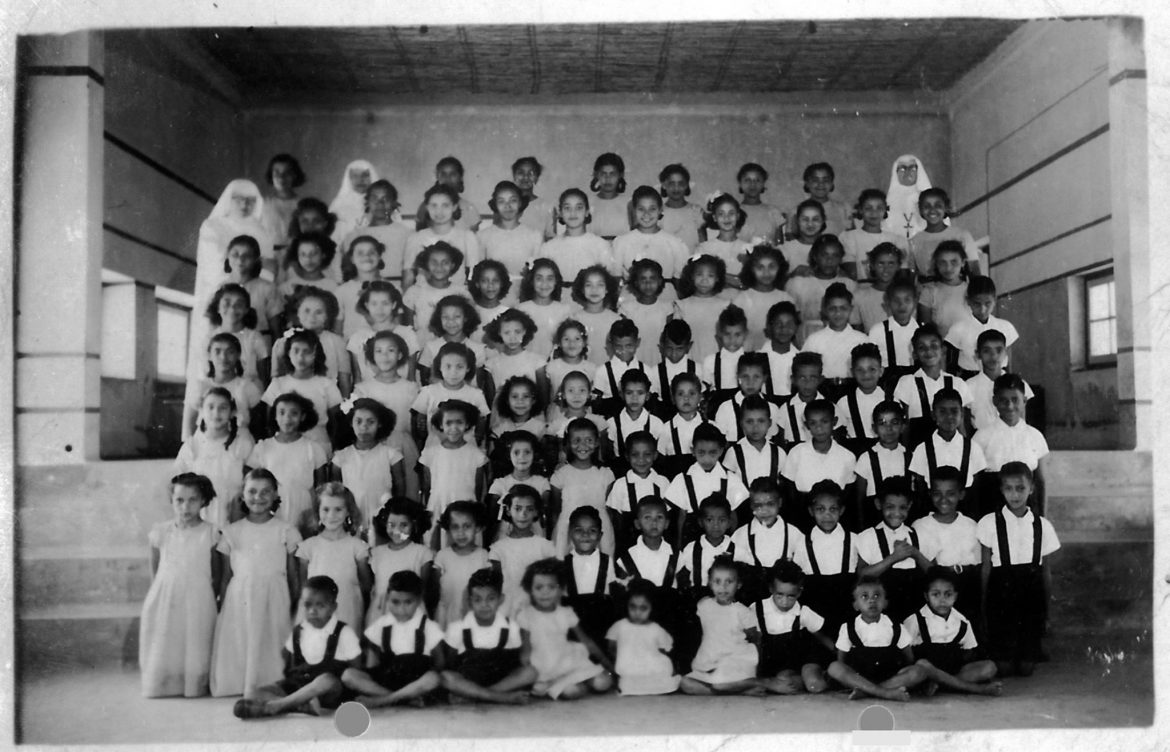Constructions of race in Brazil: resistance and resignification in teacher educationPosted in Articles, Brazil, Campus Life, Caribbean/Latin America, Media Archive, Social Science, Teaching Resources on 2019-04-27 02:11Z by Steven |
Constructions of race in Brazil: resistance and resignification in teacher education
International Studies in Sociology of Education
Volume 27, 2018 – Issue 2-3: Special Issue: Migration, Borders, and Education: International Sociological Inquiries
pages 307-323
DOI: 10.1080/09620214.2018.1444504
Joel Austin Windle
Department of Modern Languages
Universidade Federal Fluminense, Niteroi, Brazil
Kassandra Muniz
Departamento de Letras
Universidade Federal de Ouro Preto, Mariana, Brazil
This paper reflects on racial identification in Brazil, considering how concepts of race travel internationally and are transformed locally. In light of the silencing of issues of race in Brazilian public education, we analyse the experiences of student teachers of colour participating in a professional development project coordinated by the authors. We report findings of a qualitative study arising from the project, based on reflective journals and interviews, and focusing on processes of racial resignification and resistance. The narratives produced by participants are situated in relation to dominant discourses of racial democracy and mixing, which deny the possibility of a politicised Afro-Brazilian identity. We show how hybrid identifications, drawing on cultural resources and networks that involve transnational circulation, are part of the construction of new social identities in the context of teacher education.
Read or purchase the article here.








